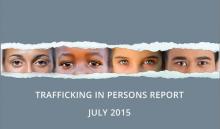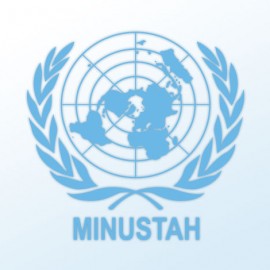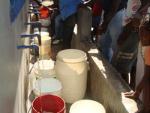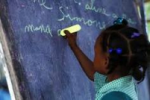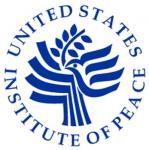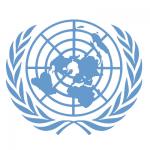U.S State Department Releases 2015 Human Rights Report for Haiti
The U.S. State Department's Bureau of Democracy, Human Rights, and Labor (DRL) is mandated to release annual country-specific human rights reports that address individual, civil, political, and worker rights, as set forth in the Universal Declaration of Human Rights. The 2015 report for Haiti is linked and copied below. There have been some modest improvements from last year - for example in improving oversight of the police. However, there is a long way to go in reforming the justice system, corrections, and protecting the rights of women, children, and the disabled. Post your thoughts about human rights in Haiti below.
